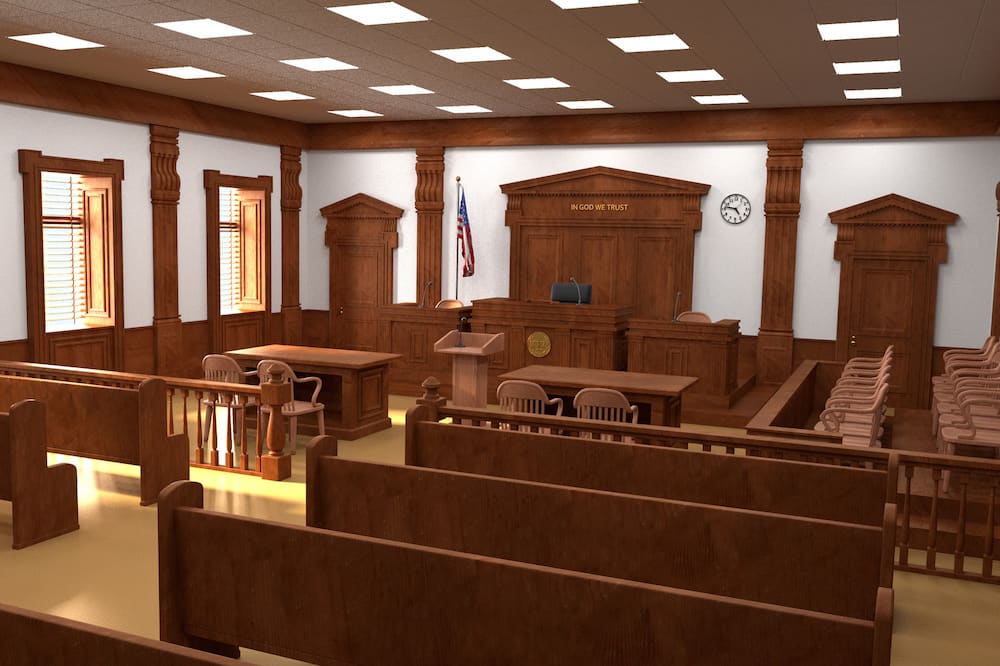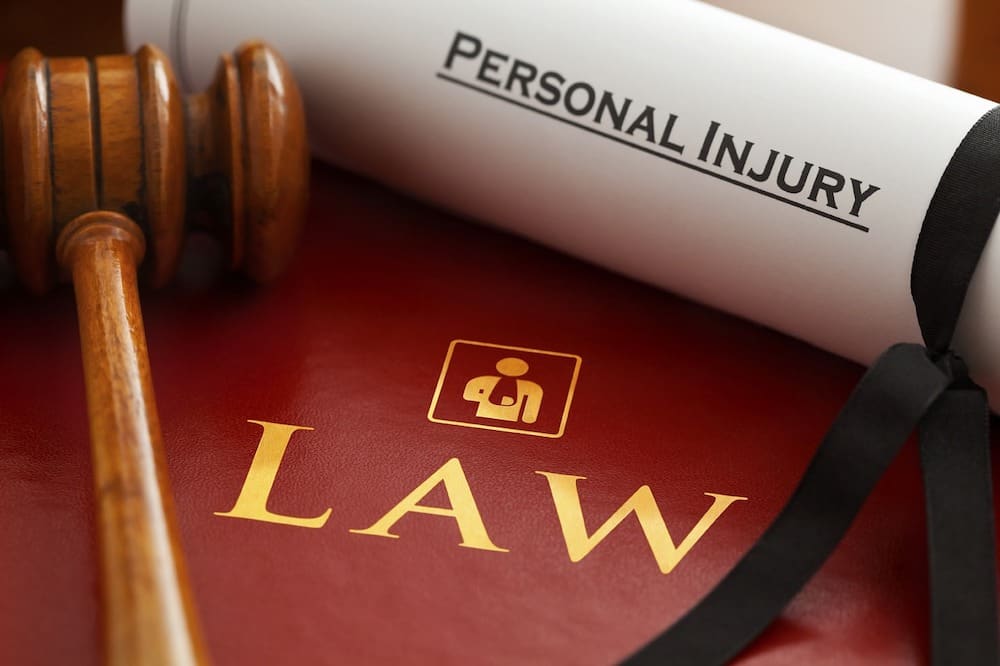
Every lawsuit has a plaintiff and a defendant. Sometimes, the defendant may feel the need to fight back with a counterclaim. A counterclaim is a claim brought by the defendant in a lawsuit alleging fault or negligence by the plaintiff. A counterclaim is not a separate lawsuit, it remains a part of the original suit and must be related to the original subject matter.
Car Insurance Company and Filing a Claim
If one is being sued for negligence in a car accident and feels that the other party was actually at fault for the accident, one will probably not have much to do to file a counterclaim.
In most circumstances, the car insurance company is the one to decide if a counterclaim should be filed, and they handle all the necessary details. In fact, if they do not agree with the driver on the facts of the matter, it is likely that no counterclaim will be filed.
How Do I Start a Counterclaim?
The process of filing a counterclaim begins shortly after a lawsuit or complaint is brought against the defendant. A defendant who wants to file a counterclaim must first file an answer to the complaint and then the counterclaim with the court.
The process of discovery then begins for both the complaint and the counterclaim. Discovery is a pre-trial investigation process where both parties collect evidence on one another’s allegations. Common discovery devices include interrogatories, depositions, requests to produce documents, requests for admissions, and subpoenas. The discovery process for a counterclaim is conducted in the same way as it would be for a regular lawsuit.
If there is no attempt to mediate or settle the lawsuit, then it goes to trial, and both parties must present evidence to support their allegations. Generally, evidence for both the original lawsuit and the counterclaim will be heard at the same trial. The defendant bears the burden of proving the allegations of the counterclaim.
What is Modified Comparative Negligence?
New Jersey follows what is known as modified comparative negligence. This means that if both parties are shown to be negligent, then fault is assigned accordingly. If the plaintiff is assigned 51 percent or more of the fault, they cannot recover any compensation.
If the plaintiff and defendant are equally responsible, or the defendant’s responsibility is found to be less than 50 percent, the defendant does not have to pay damages.
If the defendant’s responsibility is 51 percent or more, they are liable for that percentage.
A qualified attorney can help determine if one has a case for a counterclaim and the likelihood of success.
Oakhurst Car Accident Lawyers at the Falcon Law Firm, LLC Fight for the Rights of Car Accident Victims
If you were injured by a negligent driver, contact one of our trusted Oakhurst car accident lawyers at the Falcon Law Firm, LLC. Our experienced team protects innocent car accident victims. Call us at 732-454-3306 or complete our online form for a free consultation.



